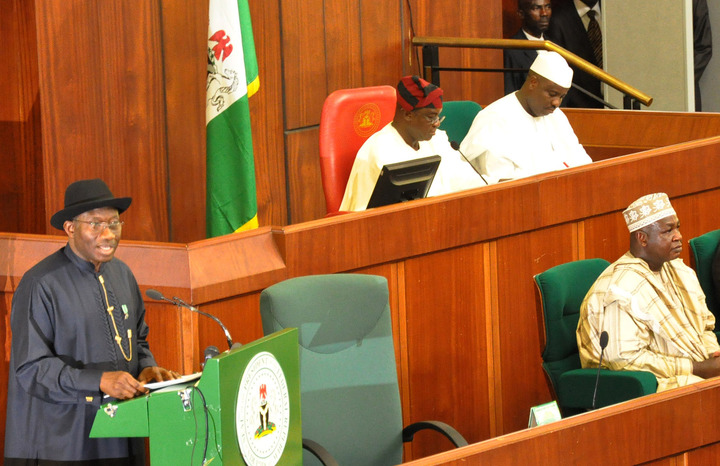Polls: Economy records N280bn loss – LCCI
The Lagos Chamber of Commerce and Industry, LCCI, yesterday, said the economy lost a cumulative N280 billion in the on-going elections nationwide.
Speaking at the first quarterly press conference on the economy, President of LCCI, Otunba Femi Deru, said each day the economy was shut down, due to the electoral process, losses are suffered in terms of output and incomes, as an estimated N70 billion daily GDP is lost on each of the election days.
He said the chamber was pleased with the conduct of the elections so far, as it had been credible and transparent, but in the meantime, the economy witnessed momentary slowdown as a result of electoral process for each day the economy was shut down, losses are suffered in terms of output and incomes and that informal sector businesses are even harder hit as many of them depend on daily incomes.
According to him, the 2011 budget is yet to be signed due partly to election distraction as this has implications for projects that should be executed to improve the investment environment as well as the welfare of the people and that many approval for public sector projects and contracts have not been attended to because of the election.
He said the current electoral process had thrown up corporate governance issues in the private sector. The Securities and Exchange Commission (SEC) and the Central Bank of Nigeria (CBN)should redefine the limits of political partisanships for Chairmen and CEOs of companies that are publicly quoted.
“This has to do with public endorsement of candidates in elections as well as donations of public parties. This is critical because of the interest of shareholders (and in case of the banks), the interest of depositors as well.”
We are concerned because political partisanships at these levels could escalate exposure of public companies to political and other related risks” he stated.
Furthermore, he said the current revenue allocation of 52.8 per cent for federal government, 48.2 per cent for state and local governments is not equitable and does not reflect the demands for development, adding that the states and local governments have a lot more to do in the provision of schools, health services and roads than the federal government.
Deru disclosed that a major growth and development potential yet to be unlocked is the petroleum sector. Presently, the sector is public sector driven with all the attendant problems of inefficiency, corruption and red tape.
Source : Vanquard








